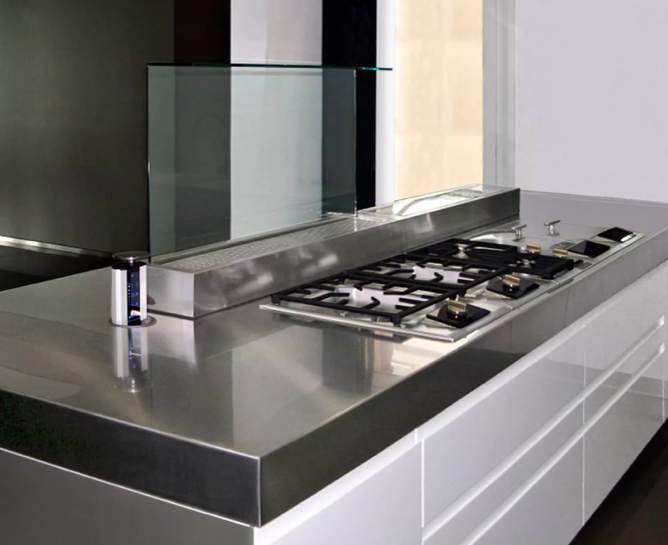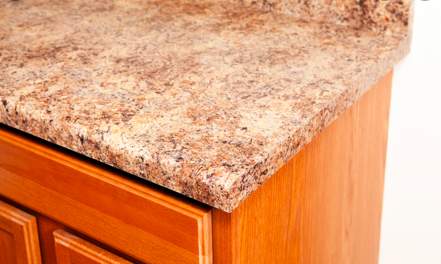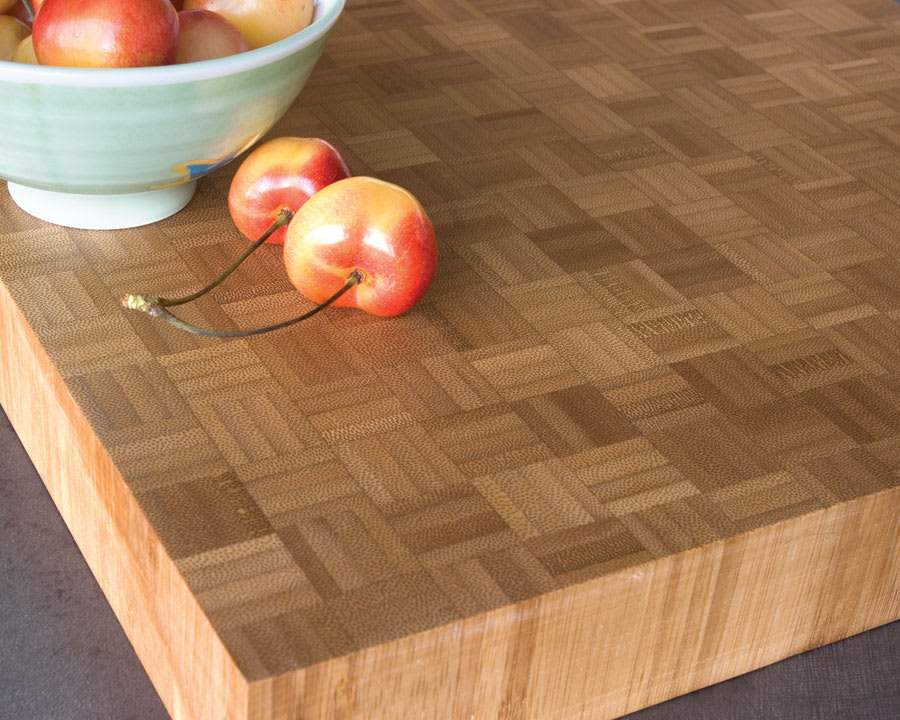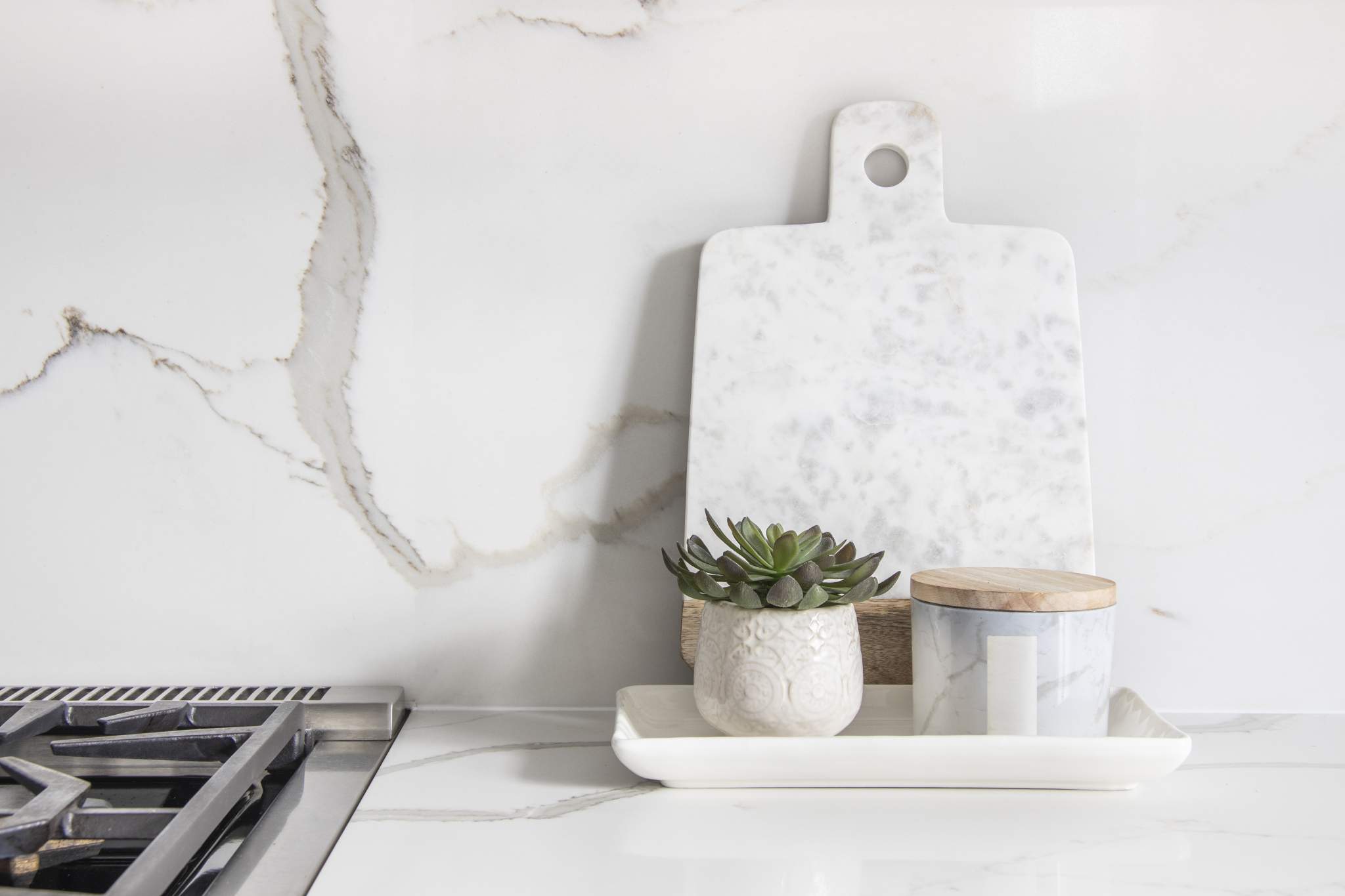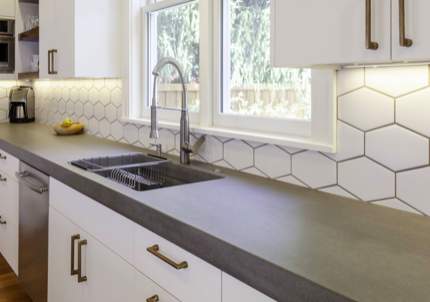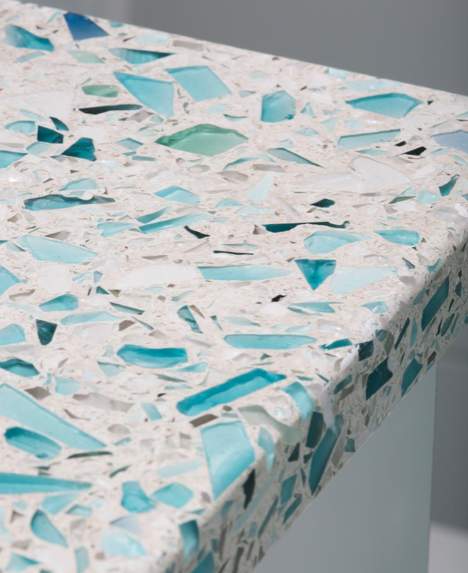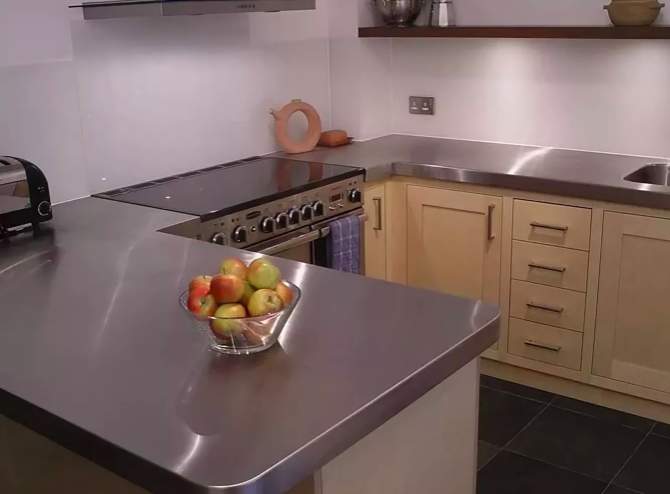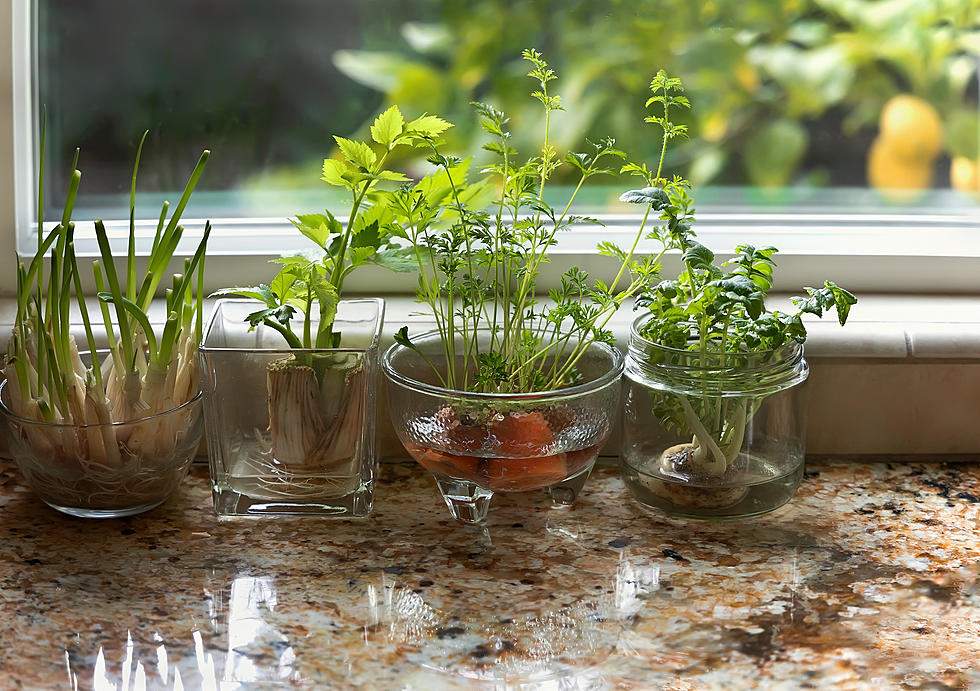
Which Kitchen Countertops Are a Sustainable Choice?
If you are thinking about installing a new kitchen countertop, it is important to choose wisely. As well as considering cost, which materials look good, and are good for use, it is also a great idea to consider sustainability.
When trying to work out which materials are sustainable ones to use, we should consider:
- Carbon cost
- Other environmental impact.
- Efficiency, ease of use and longevity.
- What happens with the material at the end of its useful life.
But how do some common kitchen countertops stack up? And are there more sustainable alternatives? Let’s take a look.
Laminate Countertops
Laminate countertops are an affordable and common choice. Unfortunately, they are neither healthy nor eco-friendly. The laminate is typically made from melamine and the base from chipboard/ fibreboard. Both materials contain formaldehyde, which can off-gas, reducing air quality in your home. The materials are also costly to produce in terms of energy and greenhouse gases. And as a composite plastic product, these countertops are not recyclable at the end of their useful life.
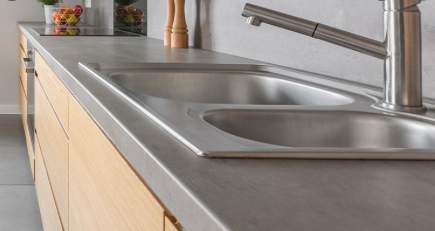
Plywood Countertops
Plywood countertops are another affordable choice, and this is often a common product in minimalist design. But like the laminate and composite wood bases mentioned above, plywood can contain glues which emit formaldehyde – particularly during their early life. If you do choose plywood, remember also that this material is not usually recyclable (due to the glues used). So think about how the layers of wood are joined and opt for an eco-friendly option where possible.
Solid Wood Countertops
Solid wood countertops are by far a preferable option to both of the above in terms of sustainability. And if you choose natural (self-sourced) or reclaimed wood, then it can be a very affordable option too. Using reclaimed wood is a wonderful choice, as it means that trees will not have to be chopped down to make your kitchen. How the wood is joined together will have a bearing on how natural and eco-friendly a solution it actually is. It might also be possible to source wood slices with wavy edges, perhaps even with bark still on. This is a great option for a natural, rustic kitchen.
Bamboo Countertops
Another eco-friendly and sustainable kitchen countertops option is bamboo. Like wood, bamboo is a completely natural and compostable material, and won’t pose a waste problems at the end of its useful life. Like trees, bamboo is beneficial for carbon sequestration while growing. It grows very quickly, without the need for harmful pesticides and herbicides. So it can represent a good and sustainable use of land to meet human needs.
Stone: Granite/ Slate/ Marble Etc.
Stone countertops are enduring, and enduringly popular. Of course, these materials are quarried or mined and all such activities come at a high carbon cost, and can damage ecosystems significantly. Transportation of such heavy materials also carries a high cost to the environment. Stone can often be a sturdy choice, that can withstand heavy kitchen use. Though it must usually be sealed to prevent staining, and the sealant is usually plastic based. So while the stone itself can usually be reused, this creates a disposal problem.

Choosing to use reclaimed stone rather than buying new stone kitchen countertops makes this a far more sustainable choice.
Quartz Stone
Quartzstone is one modern countertop that makes use of the waste stone from quarries or natural stone beds to make a 94% recycled stone surface. It is a non-porous surface that is resistant to flexing, abrasion and acids. So requires minimal maintenance and should last a good long time. But it is important to bear in mind that this material involves mixing silicon dioxide (often through not always a waste product) with stain resistant polymers (plastics) that are fossil-fuel derived, with a high carbon cost. And are not recyclable at the end of their useful lives.
Concrete/ Limecrete
Concrete is popular as an enduring and strong material for foundations, floors, and kitchen countertops. But along with ethylene (plastic), steel and ammonium (for nitrogen fertilizers for agriculture), the concrete industry is one of the four most polluting and carbon intensive industries on our planet.
In order to reduce the carbon costs and waste associated with traditional concrete, it could be worthwhile considering limecrete – a more sustainable and eco-friendly alternative.
Recycled Glass/Ceramics Etc.
Many options combine smaller amounts of concrete with recycled glass, ceramics or other such materials. Others involve combining such waste materials with resins. These options can be high performing both in practical terms and environmentally speaking. But it is important to look carefully at what exactly they are made of, and where exactly the materials that go into them come from.
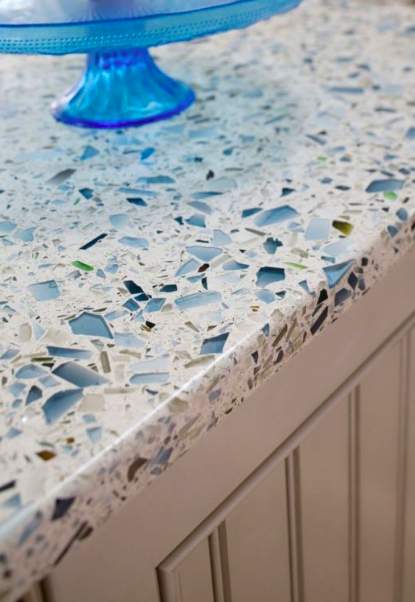
Stainless Steel Kitchen Countertops
Like stone, metal must be mined. So again, this might not be the most sustainable option, even though, when properly cared for, materials like stainless steel can be durable and long lasting. But using reclaimed metal for the countertop will reduce the environmental cost considerably. And stainless steel and other metals are usually fully recyclable at the end of their useful life.
